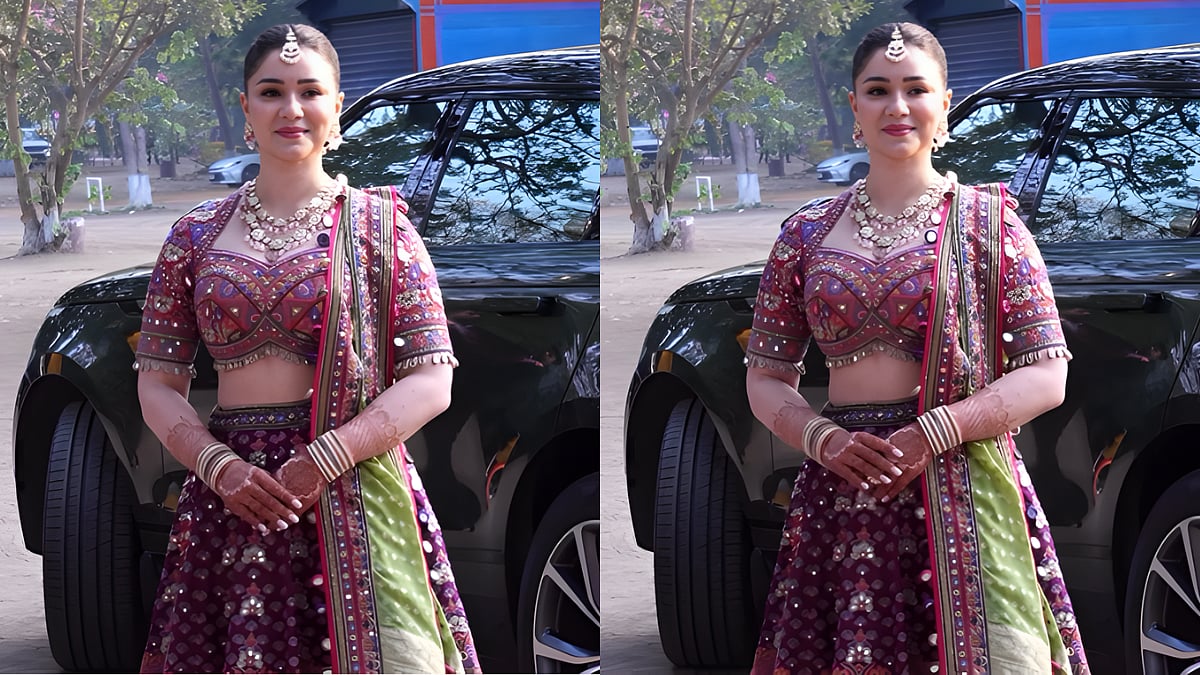Every year, since 2006, the World Economic Forum has been minutely analysing gender gaps and releasing reports. It looks at gender equality on four major parameters – economic, educational, political participation and health (including survival). When the rankings started, India’s rank was 98. By 2010, it had dropped to 112. In 2014, when the BJP took charge, the ranking stood at 114. In 2020, it went back to 112, and this year, it has dropped 28 positions, to 140. Two other nations in the neighbourhood perform worse than us – Pakistan at 153, and Afghanistan at 156.
If we dive deep into the data, it is even more depressing. The performance of India, in improving each of the four parameters of gender equality has been abysmal. On the economic participation parameter, India is ranked 151; on educational attainment we are at 114; on health and survival, we are at 155 (one place above the last ranked China); and on political participation, we are at 51.
Worse off
In the 15 years since the WEF began monitoring data, Indian women are worse off. The passage of time has not improved our lot. Data on every parameter tells us that we are doing terribly on each and every metric. Unlike most segments of society which can hope that the conditions that they live in improve in a 15-year-period, women in India have to live with the fact that not only are we doing worse on every parameter, but that complaining against it is possibly against national interest and unpatriotic. So we hold our silence – to protect society and the nation. A silence that is measured by our rights being constantly ignored.
So, what has gone wrong with plugging the gender gap in India? Why is it looking more and more bleak for the rights of women in India? At one level, we are doing badly not just because we are doing less, but because other nations are doing more. The way Bangladesh or Sri Lanka are raising up the rights of women in terms of economic or even political participation is huge.
While India had an early start in gender equality – women and men declared equal at the time of the formation of the Republic of India, those rights are constantly being eroded in the name of culture norms, and the traditional role of women in society.
Precarious position
Even before the lockdown, the participation of women in paid economic activity in India was very low. Indian women donate more labour for the ‘good of all’ than probably anyone else in the world. In 2005, the participation of women in the labour force was 31.79 per cent. In 2019, the figure dropped to 20.52 per cent . As we moved up the economic ladder, the number of women entering the workforce, especially at subsistence levels, dropped.
Amongst the things impacted by Covid, has been the precarious position of women in most societies. Even in the most egalitarian cultures, there exists a gap between the overall prosperity and power of men versus that of women. In more traditional societies, this gap is even larger. A country like Iceland, the most ‘egalitarian’ society for men and women has a gender gap of 89.2 per cent. For India, the gap is 62.5 per cent. Women on an average, do worse than men by a factor of almost 40 per cent on all parameters.
Fewer opportunities
As the world lurches right, the rights of groups are gaining more importance than the rights of individuals. Caught in the crosshairs of civilisational change are women. Expected to be the spinal cord of the family and provide selflessly for the cause of society and nation – her aspirations are crushed between the needs of tradition, her own socialisation, and the demands of a modern society. As more women across the world gain access to primary, secondary, and tertiary levels of education – the opportunities accorded by society either in terms of income or in terms of opportunity, are declining.
In 2021, we are grappling with the same issues our mothers and grandmothers confronted, with one major change. The majority of those in power and those who support them, believe that women have equal rights and equal opportunities – and don’t need anything more. That is because they look at the few women who are in leadership positions and who remain the exception rather than the norm.
Women legislators, especially from the right, also do not seem to believe in the rights of women outside of family and society. We still are not regarded as individuals with the need to recognise our rights at an individual, not societal, level. Everything that we ask for is measured against our (unpaid) value in holding together the institutions of the modern state and society.
Women's wages
And one of the things that will change this is women’s wages. The recognition that a woman’s labour in building the family, socialising the next generation, and inculcating continuity – has value, and that value goes beyond platitudes and results in monetary compensation. Unless we recognise a woman’s work is valuable and pay for it, and respect it – beyond words – this gender gap will exist.
It is time that changed. That gender gap described by WEF will remain till the end of time, till we recognise the value of unpaid labour and pay for it. We will achieve everything else, political participation, economic emancipation, education, and health – but we will never achieve parity, till you recognise our role in the building the nation and pay for it. And that is how India needs to plug the gender gap – by paying women for the labour that goes towards building India.
The writer works at the intersection of digital content, technology, and audiences. She is a writer, columnist, visiting faculty and filmmaker.




